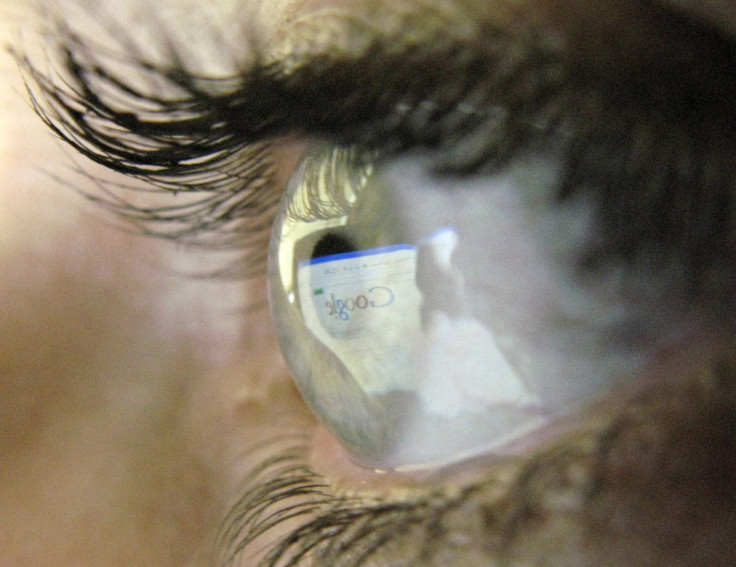6-Month-Old Baby Whose Eye Had Turned Inward Due To Rare Disorder Gets Sight Back
A 6-month-old baby, whose left eye had turned inward due to a rare genetic disease, has finally got back his vision, following treatment in Abu Dhabi.
The child was identified as Mohamed Al Shehi, Khaleej Times reported. “When Mohamed was five months, my wife noticed that his left eye was not in its normal place. She tried covering the right eye to see if he would respond to moving objects in front of him, but he wouldn’t. We were very scared that he had lost his sight,” Abdulla Al Shehi, Mohamed’s father said.
The family from Ras Al Khaimah was scared the child had vision loss, and sought medical advice.
“The doctor that we saw in Dubai confirmed that my son had vision loss in the left eye and suggested we consult a specialist, so we booked an appointment at Cleveland Clinic Abu Dhabi,” Al Shehi said.
The child underwent an evaluation with the Pediatric Eye Care team, which revealed the baby had an unusually early onset of juvenile retinoschisis, a hereditary retinal disease. This disease causes splitting of the light-sensitive retinal layers that leads to vision loss.
The genetic eye disease impacts about one in 25,000 males worldwide, and it normally manifests in later childhood.
Dr. Arif Khan, pediatric ophthalmologist, ocular geneticist and professor of ophthalmology at Cleveland Clinic Abu Dhabi’s Eye Institute, told local media the condition can often be misdiagnosed due to its similarity with other ocular conditions.
“Our ocular genetics service has extensive experience with rare and genetic eye disorders, particularly those that affect the retina in children. This made it possible for us to recognise that the infant had an unusually early onset juvenile retinoschisis that had led to blindness in his left eye. Our examination also revealed a lesser degree of the condition in his right eye and a need for glasses in both eyes,” Khan said.
The examination of a child's vision without the use of anesthesia was important for the right diagnosis.
“With infants and young children, you need the right approach to ensure that they are not scared. This allows us to conduct the exam without having to sedate them. We make it seem like a game to them when actually what we are doing is gathering information,” he said.
The child was treated with medical eye drops to collapse the schisis or splitting. He was then fitted with glasses and prescribed patching to deal with the left eye flip.
“We were able to restore vision to the left eye and straighten it without surgery. Overall, [Mohamed] had a fantastic outcome because the correct diagnosis was made early, the retinoschisis was treated, and the pediatric eye issues that were induced by the retinoschisis were also diagnosed and treated early. These pediatric eye issues would not be picked up by a retina specialist who only works with adults,” Khan said.
According to Gulf News, the child will require ongoing care to ensure his vision does not deteriorate.
"We are so thankful that the doctors were able to restore my boy’s vision. The eyesight of Mohamed’s three older siblings is fine but if we decide to have more children, we are now well-informed about the risk and will make sure to get them checked,” the child's father said.






















